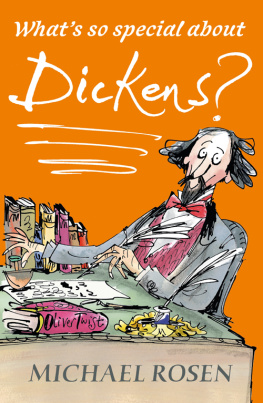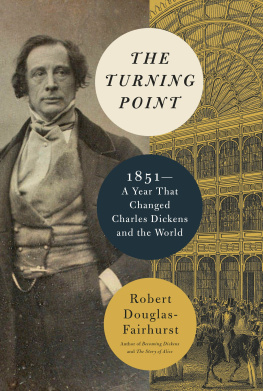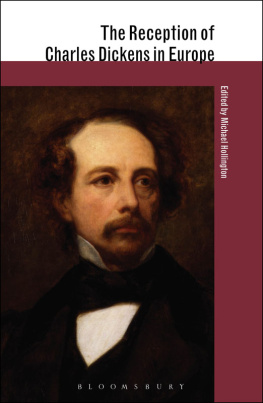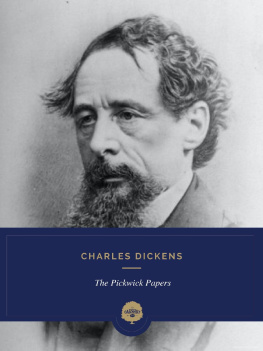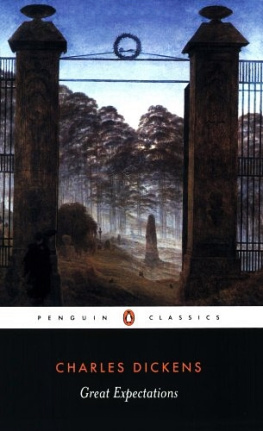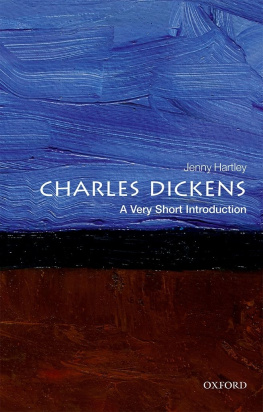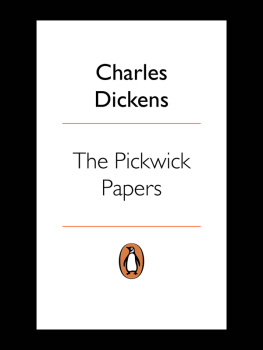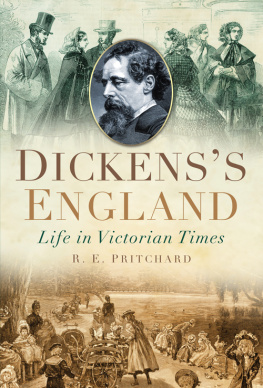CHARLES DICKENSS NETWORKS
Charles Dickenss Networks
Public Transport and the Novel

JONATHAN H. GROSSMAN


Great Clarendon Street, Oxford OX2 6DP
Oxford University Press is a department of the University of Oxford.
It furthers the Universitys objective of excellence in research, scholarship, and education by publishing worldwide in
Oxford New York
Auckland Cape Town Dar es Salaam Hong Kong Karachi
Kuala Lumpur Madrid Melbourne Mexico City Nairobi
New Delhi Shanghai Taipei Toronto
With offices in
Argentina Austria Brazil Chile Czech Republic France Greece
Guatemala Hungary Italy Japan Poland Portugal Singapore
South Korea Switzerland Thailand Turkey Ukraine Vietnam
Oxford is a registered trade mark of Oxford University Press
in the UK and in certain other countries
Published in the United States
by Oxford University Press Inc., New York
Jonathan H. Grossman 2012
The moral rights of the author have been asserted
Database right Oxford University Press (maker)
First published 2012
All rights reserved. No part of this publication may be reproduced, stored in a retrieval system, or transmitted, in any form or by any means, without the prior permission in writing of Oxford University Press, or as expressly permitted by law, or under terms agreed with the appropriate reprographics rights organization. Enquiries concerning reproduction outside the scope of the above should be sent to the Rights Department,
Oxford University Press, at the address above
You must not circulate this book in any other binding or cover and you must impose the same condition on any acquirer
British Library Cataloguing in Publication
Data Data available
Library of Congress Cataloging in Publication Data
Library of Congress Control Number: 2011944133
Typeset by SPI Publisher Services, Pondicherry, India
Printed in Great Britain
on acid-free paper by
MPG Books Group, Bodmin and Kings Lynn
ISBN 9780199644193
1 3 5 7 9 10 8 6 4 2
Acknowledgments
This book is about peoples journeying. Not wanting the subject of my analysis to be confused with my analysis of it, I eschew creating metaphors myself about journeying, leaving others to suggest, for instance, that there is no frigate like a book to take one lands away (Emily Dickinson). Here, however, I want to make a single exception for an exceptional colleague and friend: Irene Tucker. Irene has been my fellow traveler and guide as I wrote this book. Throughout its writing, she frequently saw much better than I did where it should go and how to get there. (Whether I actually arrive is another matter.) All along the way, in a rare gift that only the truly gifted can give, Irene taught me as much as I could learn about thinking through my arguments.
Every year at the opening of the Dickens Universe summer conference in Santa Cruz, California, the faithful director, John Jordan, declares in a grand metaphor that Charles Dickens represents a railway station through which all things Victorian pass. This book might help explain the aptness of Jordans metaphor. This books existence also partly depended upon this annual conference and the many expertsnot all academicsthat it assembled. I am especially grateful for valuable conversations I had there about my research with John Bowen, Andrew Miller, Bob Newsom, Bob Patten, Robyn Warhol, Carolyn Williams, and Alex Woloch.
I am also indebted to my intelligent and witty colleagues at UCLA, who create a stimulating and supportive environment in which to work. In particular, year in and year out, Helen Deutsch, Chris Looby, Yogita Goyal, Sianne Ngai, and Michael North provided wisdom and energy, professional and intellectual. Anne Mellor and Felicity Nussbaum cared about this book and my work, and that felt like a gift. A number of colleagues read or responded directly to my work in progress: Mark Seltzer quickened my thinking about systems; Mark McGurl demanded to see the big picture; Joseph Bristow was a resource for all things Victorian; Kirstie McClure, early on, suggested the fallacy of applying political discourse to interpret a transport-networked community; later, Saree Makdisi reminded me not to forget about politics completely. Tom Wortham was department chair when this project began and Ali Behdad when it was completed; both mentored and sponsored the research that appears here.
Many people, too many people to list, provided valuable information, judicious counsel, or other forms of assistance. To name just a few: Nina Auerbach, Julie Crawford, Ian Duncan, Matt Dubord, Jen Fleissner, Maria Frawley, Natalka Freeland, Dustin Friedman, Holly Furneaux, Philip Joseph, Richard Kaye, James Landau, Ron Lear, Andrew McNeillie, Richard Menke, Elsie Michie, John Plotz, Leah Price, Josie Richstad, Simon Stern, Gillian Silverman, Robert Thornton, Lindsay Waters, and Julian Yates. This book is better than it would have been thanks to Hilary Schor, who shared her deep understanding of Dickens, and Helena Michie, who, after reading chapters or listening to arguments, always responded with searching critical questions. My long-time mentor John Sutherland took time out to critique the first draft of the manuscript. As he gently reminded me, the book still needed an introduction, and my efforts to produce one benefited greatly from the fresh eyes of Jayne Lewis and Talia Schaffer. I also extend my heartfelt thanks to my three anonymous readers. As they will recognize, I pounced on virtually all of their many superb, deeply intelligent suggestions, even sometimes directly adopting their words and ideas. At Oxford University Press, the book gained an expert editor in Jacqueline Baker.
I recruited much help from friends and family as well. Two creative masterminds, Rayna Kalas and Liza Yukins, have kept me sane. Adam Parker deserves a prize for making me laugh and think at the same time. For broadening my perspectives, I thank Tim Mackey, Jane Penner, Etsu Taniguchi, Laura Wason, my sister Gillian Grossman, and my brother Nicholas Grossman. I will always be grateful to my mother Penny Grossman for the talks about this book over tea at the Life Boat House, Isle of Wight, and to my father Marc Grossman for pages of insightful comments on the chapters. Eli, my ten-year-old son, gave me much sanity-saving advice (maybe you need to have fun with it?), while my seven-year-old daughter Dhalia, who I promised to get a dog after finishing my book, asked me almost every day the question that others began to feel they couldnt voice: Did you finish your book yet? Her good-humored determination encouraged my own. My partner Jana Portnow helped me talk through all the ideas in this book and helped edit it too. How, though, to acknowledge her endlessly tested patience and daily support for the writing of this book? One day, years ago, when I was momentarily off somewhere else, Jana found my computer running, and she typed some words into one of the chapters. I stumbled across her little addition sometime later, and it made me smile. I cut and paste her words here; they are oh-so-true: JP is the best and I worship her! Love, JG.
Contents
List of Illustrations
Next page

